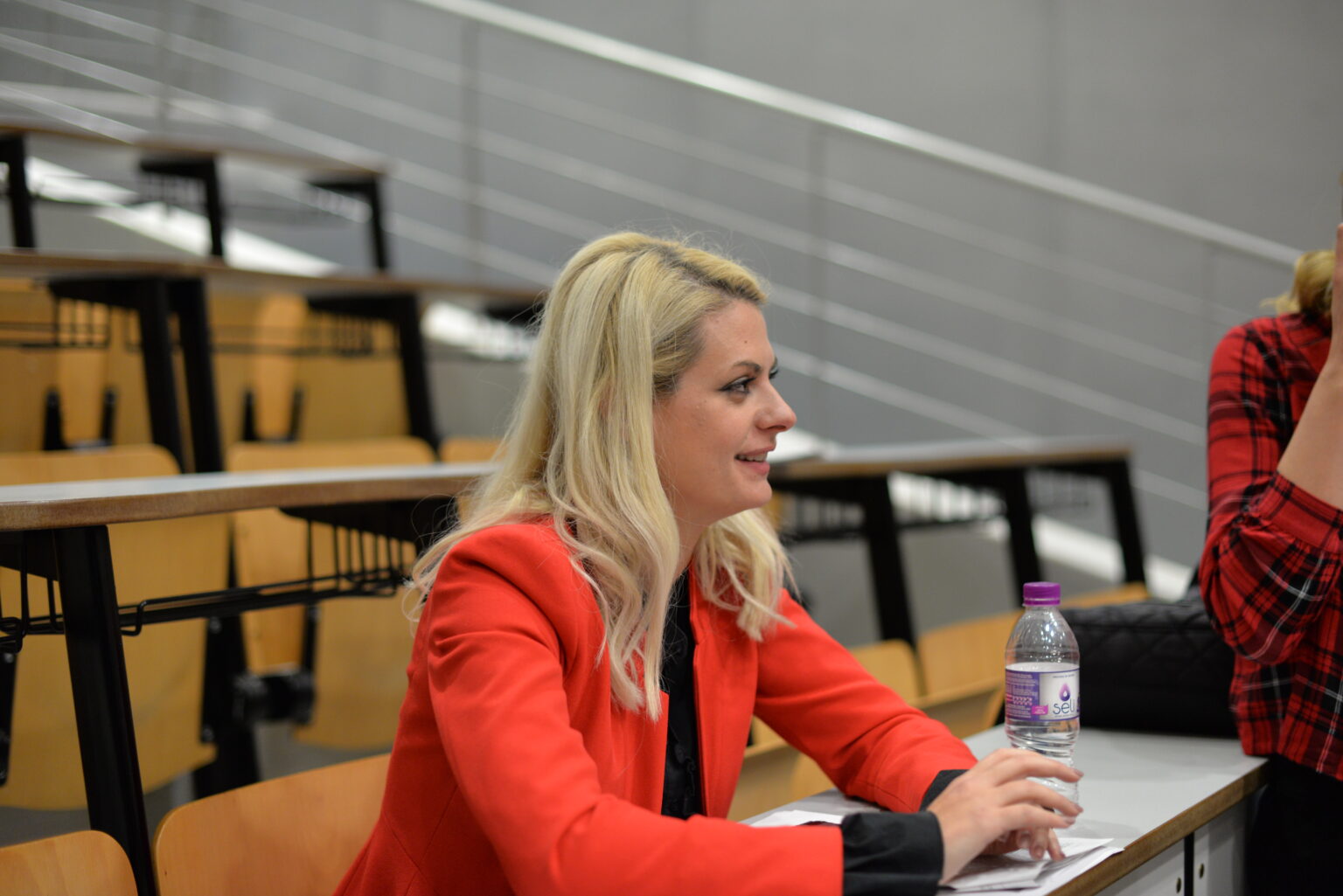
Crisis and Risk Communication Management in Europe

The Jean Monnet Chair in Risk and Crisis Communication in EU is hosted at the Department of Communication and Digital Media of the University of Western Macedonia and aims to promote excellence in teaching and research in the field of risk/crisis/disaster communication concerning critical events that take place in Europe. The Chair was awarded in 2023 and will last until 2025.
The EU has faced and still faces a number of crises such as terrorist attacks, large-scale natural disasters, crises caused by climate change, cyber-attacks, health-related crises (e.g., Covid-19 pandemic). Crisis response has been a top priority of EU and towards this end several crisis management agencies and mechanisms have been formulated in order to enhance Europe’s preparedness and management capacities to risks, crisis, and disasters.
The Council of the European Union on November 23, 2021, emphasized the need for effective crisis communication for building public confidence and fighting disinformation. Moreover, it highlighted the need to spread a culture of crisis preparedness and communication at all levels of Europe through training courses addressed to all relevant audiences. Thus, the Jean Monnet Chair in Risk and Crisis Communication in the EU addresses the European Commission’s priority for “a stronger Europe in the world” by informing young citizens, professionals, and civil servants on EU crisis management capacities and effective risk and crisis communication in European context thus, strengthening EU citizens’ preparedness and resilience to risks, crises, and disasters.
The Chair’s aims to build a cumulative knowledge by focusing on the way risk, crisis and disaster communication is utilised by various EU actors (state authorities, EU organizations and agencies, media, NGOs, citizens, etc) and for a number of crisis types (e.g., health crisis, food crisis, terrorist attacks, natural disasters). Thus, common approaches, best practices and areas for improvement can be identified. Moreover, risk and crisis communication guidelines and case studies reports will be disseminated. The Chair adopts an interdisciplinary approach by paying attention to diverse theories and methods such as management, crisis communication, public relations, journalism, framing theories, psychology, anthropology, political science. and information technology.
- raise awareness on crises and risks faced by Europe as well as on the critical EU crisis response and management capacities and mechanisms,
- discuss the ways EU and member states have responded (at all levels: government, local) to various crises such as terrorist attacks, natural disasters, health related disasters, migration crisis and engage in debate,
- shed light on the critical role of crisis and risk communication by EU member state authorities, public leaders, citizens, victims, and NGOs across the member states for sense and meaning making,
- generate insights about how new technologies can be used as effective means for crisis management and communication by member states at all levels from state authorities to citizens,
- identify best crisis communication practices at all phases of crisis management (prior, during, and after) supporting a European model of crisis communication,
- encourage interdisciplinary (management, communication, information technology, anthropology, political science, journalism) debate between the academic community, state authorities representatives, EU officials, crisis communication professionals, journalists, civil servants, policy makers, NGOs, citizens, and volunteers on the ways member states can communicate in times of crises increase coordination between authorities, to alert, to enhance crisis self-efficacy, to reduce risk, to avoid reputational damage, and finally build community resilience, and
- encourage citizens’ voice in times of crises and disasters
- Crisis Management in the EU: Operational Capabilities and Mechanisms
- Crisis Communication
- Crisis Frames: Towards A European Perspective
- Emerging Technologies in Crisis Communication
understand in depth the role of communication during crises and disasters in Europe and to highlight common practices or successful crisis communication management cases by EU member states, institutions, organizations, and public figures.
The Jean Monnet Chair also includes lectures by invited scientists, professionals, researchers and experts in the field of crisis management, crisis communication, risk communication, disaster communication, disaster management as well as representatives of European Union and Member State bodies.
The courses and lectures are conducted in a hybrid way (in-class and online) through a variety of innovative and interactive teaching methods (case studies, role playing, simulations).
Participation in the courses and lectures is OPEN to all students (undergraduate-postgraduate) of the Universities of Greece, professionals and practitioners in related fields and citizens.
Participants receive an attendance certificate if they successfully complete the courses and participate in the lectures of the Jean Monnet Chair program.

Courses
• EU Crisis Management Capabilities and Mechanisms
• Crisis Frames: Towards A European Perspective
•Crisis Communication
• Emerging Technologies in Crisis Communication

